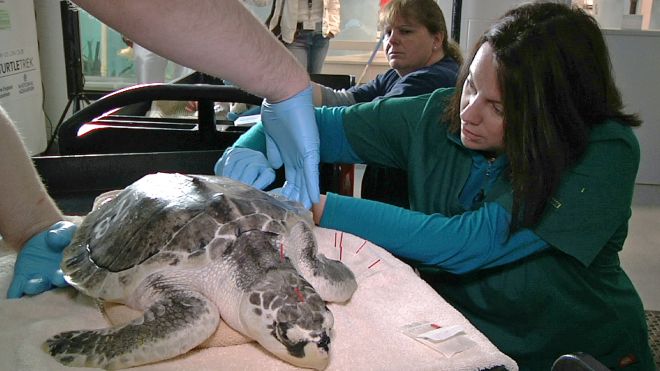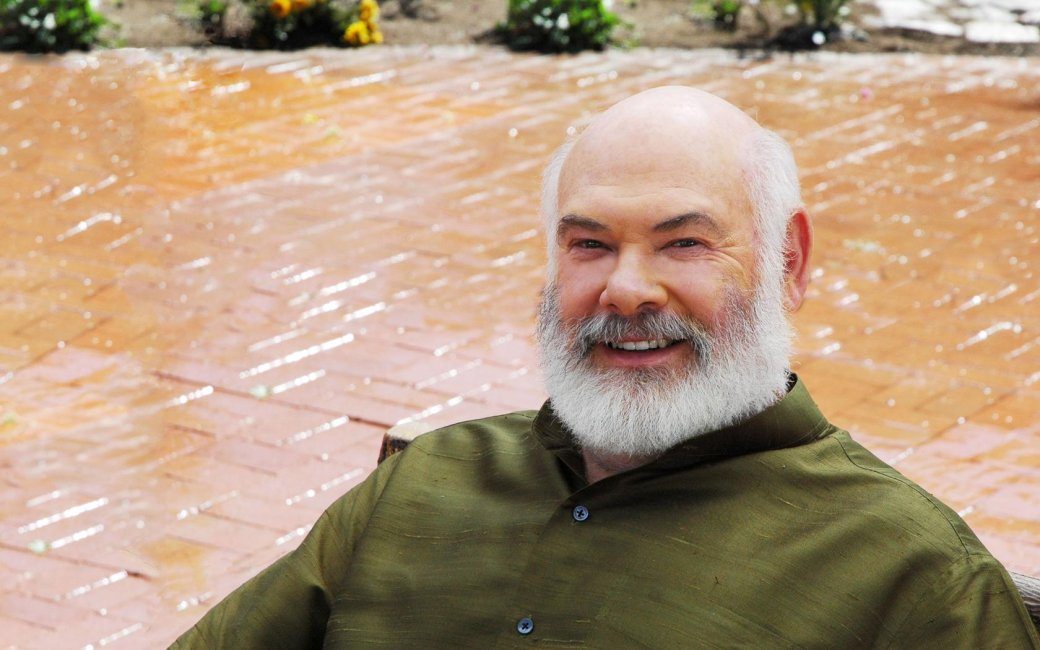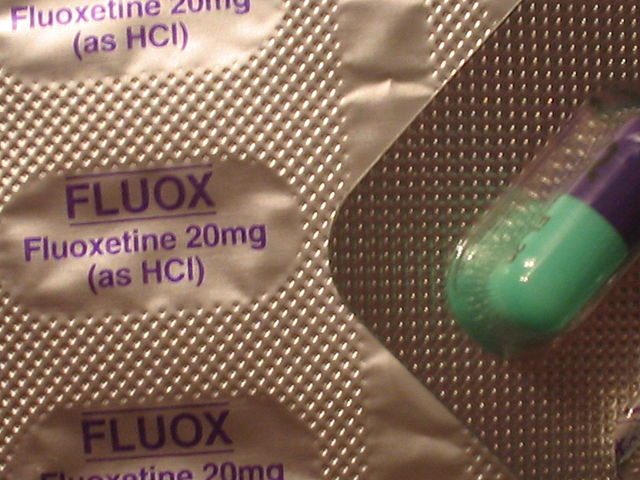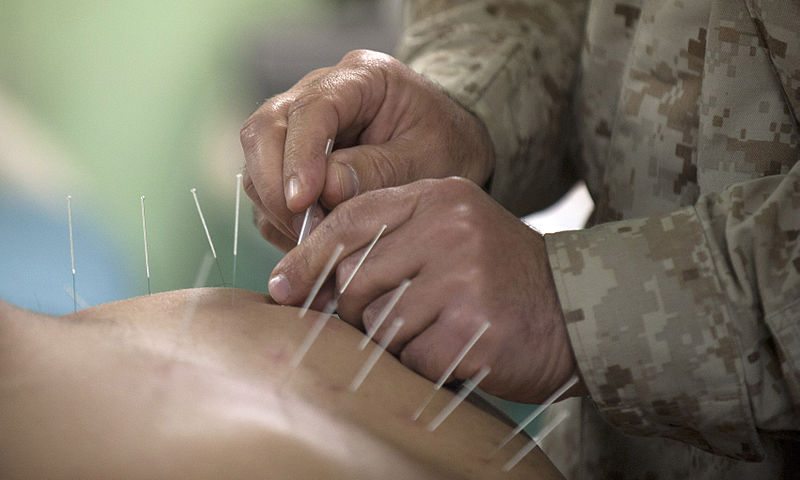Tag: depression
Antidepressants and Autism
A new study looking at the correlation of antidepressant use during pregnancy and the development of autism spectrum disorder (ASD) has been making headlines. While the results are likely significant, they are not as worrisome as the headlines may suggest. The study: strengths and weaknesses Overall the study design is solid. They followed 145,456 singleton full-term infants for a total of 904,035.50...

Acupuncture Odds and Ends
I’m cheating. No, I’m recycling. ‘Tis the season to have to no time to get anything done. Since I know none of you pay attention to the blog of at the Society for Science-Based Medicine and I have no time with work and the holidays to come up with new material, I am going to collect and expand on the entries on...
Depression Re-examined: A New Way to Look at an Old Puzzle
Depression affects approximately 10% of Americans. It can be fatal; I found estimates of suicide rates ranging from 2-15% of patients with major depression. When it doesn’t kill, it impairs functioning and can make life almost unbearably miserable. It is a frustrating condition because there is no lab test to diagnose it, no good explanation of its cause, and the treatments are...

AAFP CME Program Succumbs to “Integrative Medicine”
For many years I have been using Continuing Medical Education (CME) programs offered by the American Academy of Family Physicians (AAFP). The FP Essentials program consists of a monthly monograph with a post-test that can be submitted electronically for 5 hours of CME credit. Over a 9-year cycle, a complete family medicine curriculum is covered to prepare participants for the re-certification board...
Steven Fowkes (Part 2 of 2): Nutrients for Better Mental Performance
Last week, in part 1, I covered Steven Fowkes’ “cures” for Alzheimer’s and herpes. In part 2, I will cover a video where he goes further afield. It is titled “Nutrients for Better Mental Performance,” but he also discusses sleep, depression, hangovers, and a lot of other topics. Some of what he says are simple truisms: mental performance is affected by everything...
Angell’s Review of Psychiatry
Marcia Angell has written a two-part article for The New York Review of Books: “The Epidemic of Mental Illness: Why?” and “The Illusions of Psychiatry.” It is a favorable review of 3 recent books: The Emperor’s New Drugs: Exploding the Antidepressant Myth by Irving Kirsch Anatomy of an Epidemic: Magic Bullets, Psychiatric Drugs, and the Astonishing Rise of Mental Illness in America...

Antidepressants and Effect Size
Antidepressant drugs have been getting a bad rap in the media. I’ll just give 3 examples: On the Today show, prominent medical expert 🙂 Tom Cruise told us Brooke Shields shouldn’t have taken these drugs for her postpartum depression. In Natural News, “Health Ranger” Mike Adams accused pharmaceutical companies and the FDA of covering up negative information about antidepressants, saying it would be considered...
Acupuncture for Depression
One of the basic principles of science-based medicine is that a single study rarely tells us much about any complex topic. Reliable conclusions are derived from an assessment of basic science (i.e prior probability or plausibility) and a pattern of effects across multiple clinical trials. However the mainstream media generally report each study as if it is a breakthrough or the definitive...


